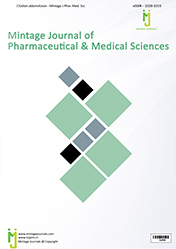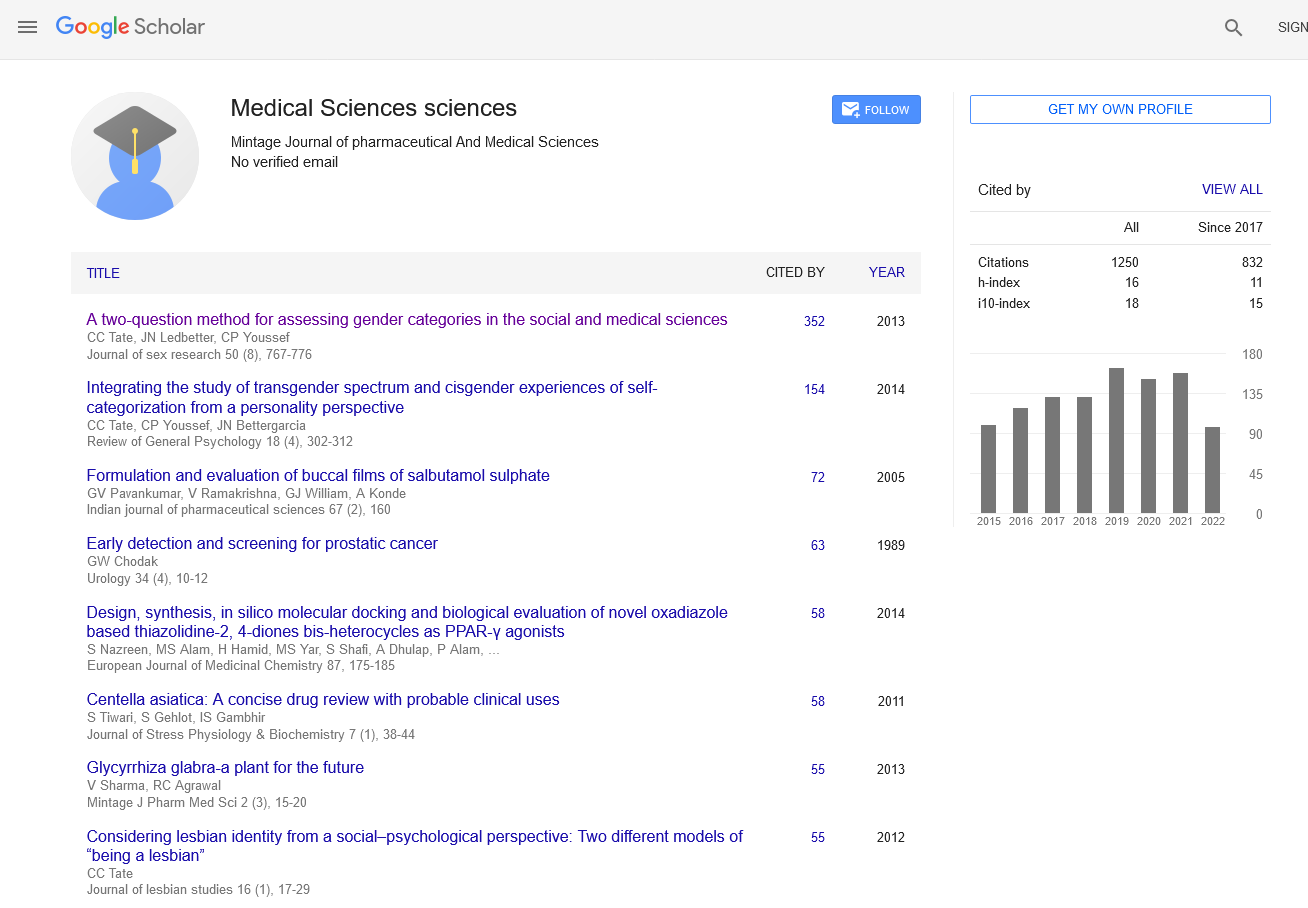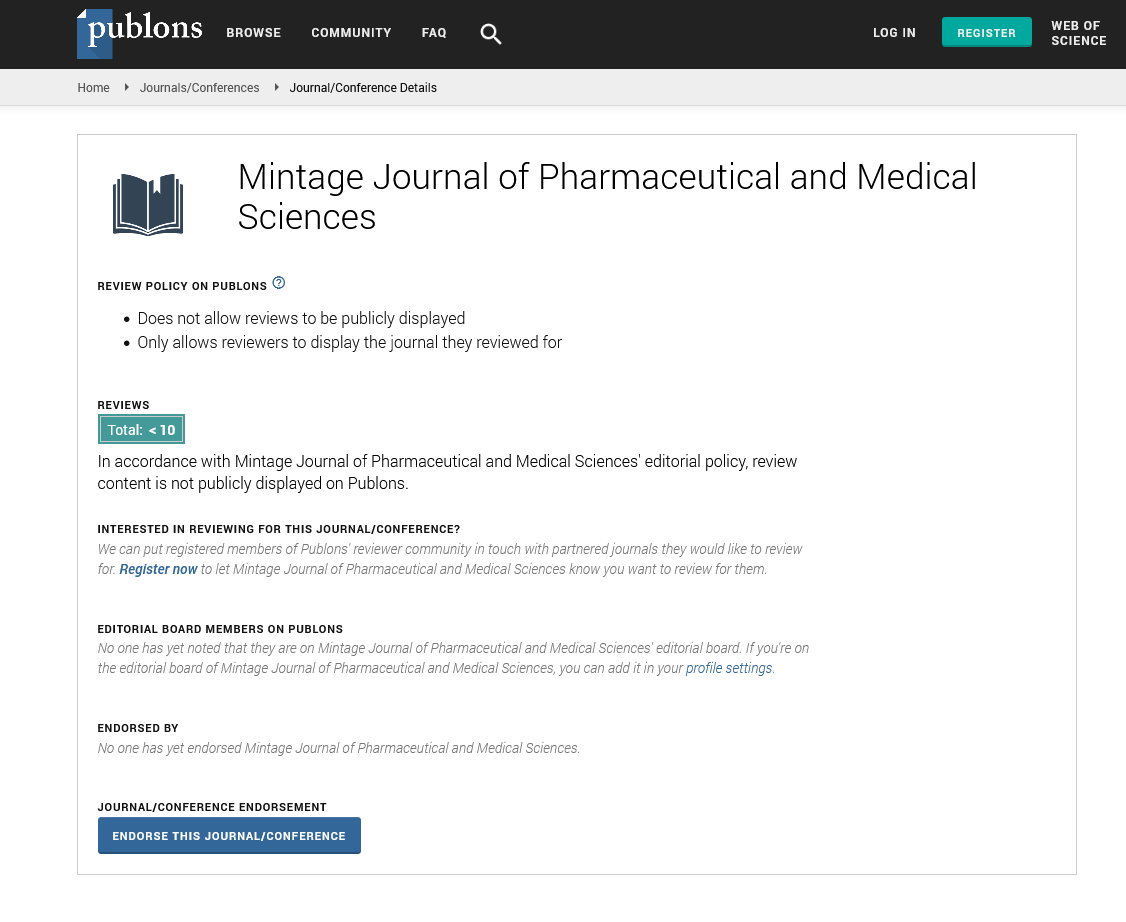Overcoming Challenges: Ensuring Data Privacy and Security in AI-Driven Pharma
Opinion - (2024) Volume 13, Issue 2
Introduction
In the era of Artificial Intelligence (AI) and big data, the pharmaceutical industry stands on the cusp of remarkable advancements in drug discovery, personalized medicine, and patient care. However, the integration of AI technologies brings forth significant challenges, particularly in ensuring data privacy and security. As pharmaceutical companies leverage vast amounts of sensitive health data to develop AI-driven solutions, they must navigate a complex landscape of ethical, legal, and technical hurdles to protect patient information and maintain public trust.
Description
One of the foremost challenges in AI-driven pharma is safeguarding patient data privacy. Health data, encompassing medical histories, genetic information, and treatment outcomes, is inherently sensitive. Unauthorized access or misuse of this data can lead to severe consequences, including identity theft, discrimination, and loss of trust in healthcare systems. To address these concerns, pharmaceutical companies must implement robust data privacy measures. This includes adhering to stringent data protection regulations, such as the General Data Protection Regulation (GDPR) in Europe and the Health Insurance Portability and Accountability Act (HIPAA) in the United States. These regulations mandate strict guidelines for data collection, storage, and sharing, ensuring that patient information is handled with the utmost care. Ensuring data privacy in AI-driven pharma also involves adopting advanced anonymization and de-identification techniques. By stripping datasets of personally identifiable information (PII), companies can reduce the risk of re-identification and safeguard patient privacy. Techniques such as data masking, pseudonymization, and differential privacy allow researchers to utilize valuable health data without compromising individual privacy. However, achieving true anonymization can be challenging, especially with the growing sophistication of re-identification methods. Therefore, continuous monitoring and updating of anonymization protocols are essential to stay ahead of potential threats. Another critical aspect of data privacy and security in AI-driven pharma is establishing robust cybersecurity frameworks. The interconnected nature of AI systems and the reliance on cloud-based platforms make them susceptible to cyberattacks. Hackers can exploit vulnerabilities in these systems to gain unauthorized access to sensitive data or disrupt essential pharmaceutical operations. To mitigate these risks, companies must invest in comprehensive cybersecurity measures, including encryption, multi-factor authentication, and regular security audits. Moreover, fostering a culture of cybersecurity awareness among employees and stakeholders is crucial to preventing data breaches and ensuring a proactive response to potential threats. Collaboration and data sharing are fundamental to advancing AI-driven pharmaceutical research. However, they also present unique challenges in maintaining data privacy and security. Collaborative projects often involve multiple stakeholders, including academic institutions, healthcare providers, and technology companies. Each party may have different data handling practices and security protocols, increasing the risk of data breaches. Establishing clear data governance frameworks and standardized security protocols across all collaborators is essential to ensure that data privacy is maintained throughout the research process. Legal agreements, such as data use agreements and data sharing contracts, can also help define the responsibilities and obligations of each party involved in data sharing. Transparency and accountability are paramount in addressing data privacy and security concerns in AI-driven pharma. Companies must be transparent about their data handling practices, informing patients and stakeholders about how their data is collected, used, and protected. Implementing robust data governance structures and appointing data protection officers can enhance accountability and ensure compliance with data privacy regulations. Regular audits and assessments of data protection measures can also help identify and address potential vulnerabilities, fostering a culture of continuous improvement in data security.
Conclusion
In conclusion, overcoming the challenges of ensuring data privacy and security in AI-driven pharma is essential for the successful integration of AI technologies in the pharmaceutical industry. By adhering to stringent data protection regulations, adopting advanced anonymization techniques, establishing robust cybersecurity frameworks, fostering collaboration with standardized security protocols, and promoting transparency and accountability, pharmaceutical companies can navigate the complex landscape of data privacy and security. These efforts will not only protect patient information but also maintain public trust and drive innovation in AIdriven pharmaceutical research and development.
Author Info
Goli Siri*Received: 29-May-2024, Manuscript No. mjpms-24-141863; , Pre QC No. mjpms-24-141863 (PQ); Editor assigned: 31-May-2024, Pre QC No. mjpms-24-141863 (PQ); Reviewed: 14-Jun-2024, QC No. mjpms-24-141863; Revised: 19-Jun-2024, Manuscript No. mjpms-24-141863 (R); Published: 26-Jun-2024, DOI: 10.4303/2320-3315/236013
Copyright: This is an open access article distributed under the terms of the Creative Commons Attribution License, which permits unrestricted use, distribution, and reproduction in any medium, provided the original work is properly cited.

ISSN: 2320-3315
ICV :81.58

